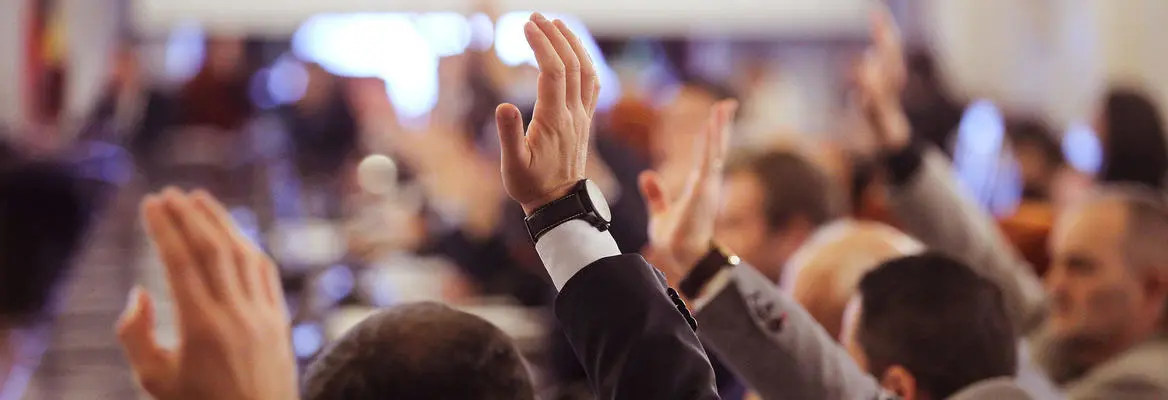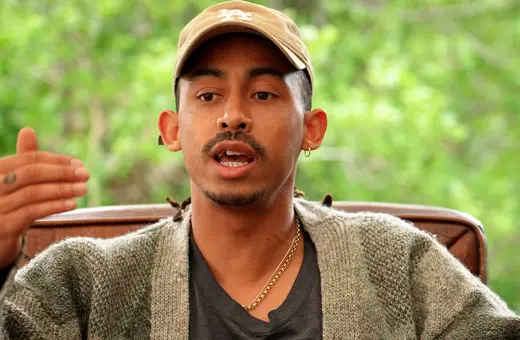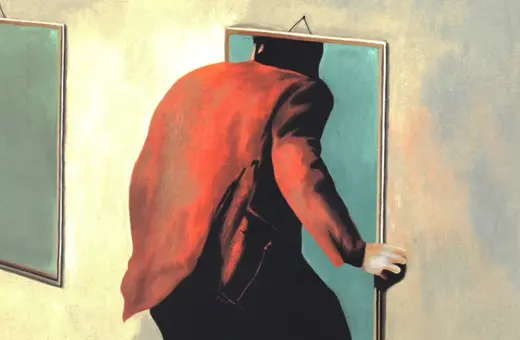We don’t know yet whether we are at the beginning of the pandemic or just at the end of its first phase. When it ends, we may not know whether we have truly conquered COVID-19 or if it will recur seasonally. If the future is always uncertain, now even the present seems ambiguous. But even as we anticipate a rising death toll, many are looking over the horizon to predict the future.
We all know that there will be a bill to pay, so already institutions around the world have started lobbying to ensure they don’t pick up the tab. Large corporations find it easier to squeeze suppliers, freelancers, the gig economy. Some demand bail outs – but why should government pay when investors have been rewarded? But shareholders are also pension funds that citizens rely on for their retirement. The exhausted workforce of the NHS deserves more than rhetorical praise, while a young generation demands a future better that debt, joblessness and impoverished universities. Everyone clamors to come first in the long queue of need—but which will win the day?
It’s the wrong question. The more urgent question is how we decide. What we lack are mechanisms with which to start contemplating a future whose design can be broadly accepted by all. In competitive democracies, political parties typically outline platforms they hope will win the day. But for decades now, that process has increasingly been seen as inadequate to complex conflict. It is subject to over-simplification, corporate capture and lies, leaving too many feeling alienated, lacking trust and left behind.
What we lack are mechanisms with which to start contemplating a future whose design can be broadly accepted by all.
In the 1980s, one of the first to investigate this trend was the American political scientist, James Fishkin. He noticed that in democracies, people mostly didn’t inform themselves about politics because they know that one vote out of millions doesn’t really count. He called this phenomenon rational ignorance; and, well before populism raised its ugly head, he saw how this mindset gave rise to fake news, false promises and a backlash against democracy itself. Even more dangerous, he understood that rational ignorance was a kind of abdication, because it stripped individuals of their capacity for influence and action.
But what if people had a chance to consider reliable information in small groups where they could have an impact? He began to design a process he called deliberative democracy, in which representative groups of people came together to share balanced, transparent briefing materials and make recommendations for future progress. And what he discovered was remarkable. Contrary to cynical expectations, ordinary people—drivers, electricians, nurses, executives, bartenders – paid serious attention, were thoughtful, listened and reflected. In the light of solid information they could understand and trust each other. In a safe environment where there was time to think, they came to empathize with those whose life experiences were often radically different and, as a result, they frequently changed their views. Why? Because they appreciated that, in this setting, their conclusions mattered. Their recommendations had consequences for people they now knew.















Join the conversation